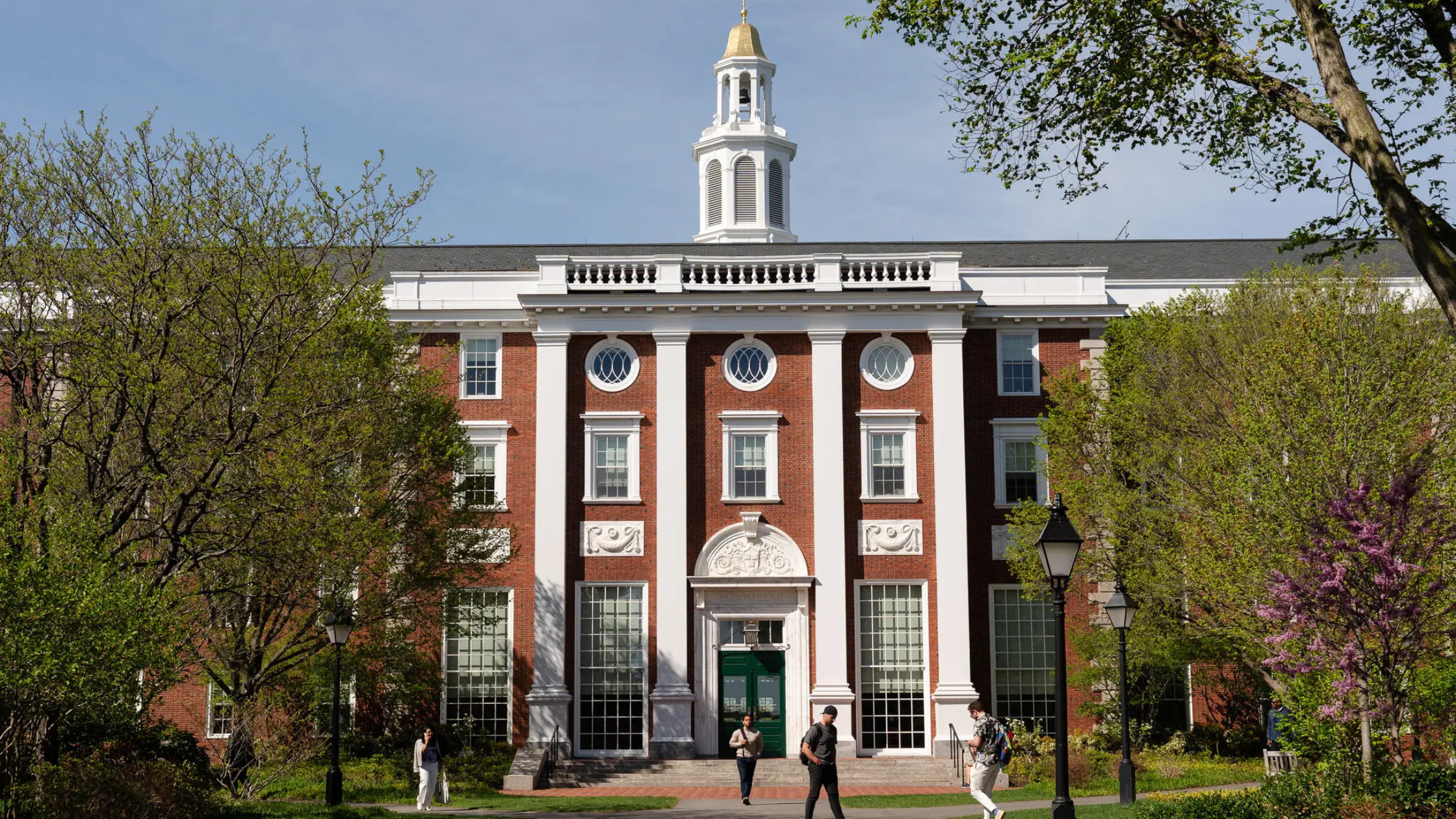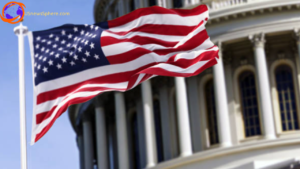In a move that has sent shockwaves through the academic world, the Trump administration has revoked Harvard University’s certification to enroll international students. This decision, announced on May 22, 2025, has left thousands of students in limbo and ignited a fierce debate over academic freedom, immigration policy, and the role of higher education in the United States.
The Revocation Explained
The Department of Homeland Security (DHS), under Secretary Kristi Noem, cited Harvard’s alleged noncompliance with federal reporting requirements and accusations of fostering antisemitism and ties to the Chinese Communist Party as reasons for the revocation. This action effectively bars Harvard from enrolling new international students under the Student and Exchange Visitor Program (SEVP) and requires current international students to transfer or risk losing their legal status.
Harvard, which hosts over 6,700 international students, comprising approximately 27% of its student body, has vehemently denied these allegations. The university has labeled the government’s action as “unlawful” and is actively seeking legal remedies to protect its students and uphold its academic mission.
Legal Challenges and Judicial Intervention
In response to the DHS’s decision, Harvard filed a lawsuit challenging the revocation. Shortly thereafter, U.S. District Judge Jeffrey S. White issued a nationwide injunction preventing immigration authorities from revoking the legal status of international students while litigation is ongoing. The judge cited concerns over constitutional rights and due process, providing temporary relief to affected students.
This legal battle underscores the tension between federal authority and institutional autonomy, raising questions about the extent to which the government can influence university policies and practices.
Broader Implications for Higher Education
The revocation of Harvard’s SEVP certification is not an isolated incident but part of a broader pattern of the Trump administration’s scrutiny of higher education institutions. Other universities have faced similar threats, and the administration has indicated plans to expand enforcement actions against schools perceived as noncompliant with federal directives.
This approach has sparked concerns among educators and policymakers about the potential chilling effect on academic freedom and the international reputation of U.S. higher education. International students contribute significantly to the academic and cultural fabric of universities and to the U.S. economy, with over $43 billion added in the 2023-2024 academic year alone.
Political Context and Motivations
The administration’s actions align with Executive Order 14188, signed by President Trump in January 2025, which directs federal agencies to combat antisemitism, particularly in educational settings. Critics argue that this order and subsequent actions, such as the revocation of Harvard’s SEVP certification, are politically motivated and target institutions that have expressed dissenting views or have been involved in campus protests.
Furthermore, initiatives like “Catch and Revoke,” which utilize artificial intelligence to monitor international students’ social media for “pro-Hamas” sentiments, have raised civil liberties concerns and fears of overreach.
Global Reaction and Future Outlook
The international academic community has expressed alarm over the Trump administration’s actions, warning of potential long-term damage to the U.S.’s standing as a global leader in higher education. Countries like India, which have a significant number of students in the U.S., are closely monitoring the situation, with reports of Indian students quitting part-time jobs due to fears of deportation.
As legal proceedings continue, the outcome will have profound implications for the future of international education in the U.S., the autonomy of academic institutions, and the broader discourse on immigration and civil rights. (New York Post)
Conclusion
The Trump administration’s revocation of Harvard University’s ability to enroll international students marks a significant and controversial development in U.S. education policy. While the stated intent is to address concerns over antisemitism and national security, the move has sparked legal challenges, international criticism, and fears of a chilling effect on academic freedom. As the situation unfolds, it serves as a critical juncture for evaluating the balance between national interests and the values of openness and diversity that have long defined American higher education.
Subscribe to trusted news sites like USnewsSphere.com for continuous updates.
[USnewsSphere.com / bo.]





